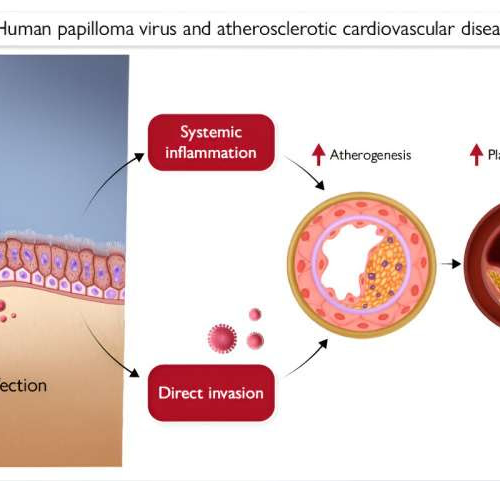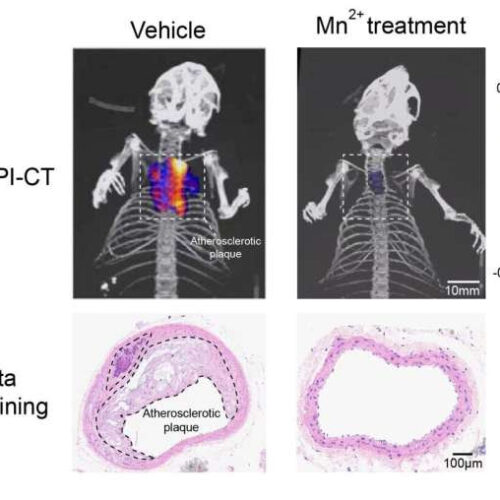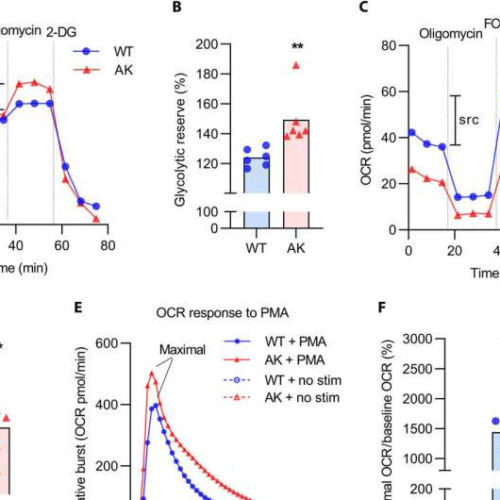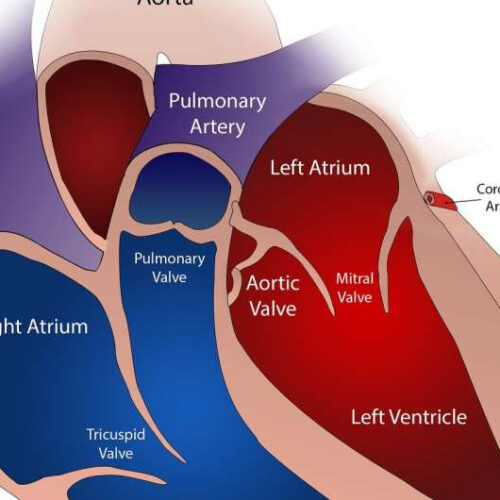By Elaine Chen More than a dozen of stem cells in a blood vessel — health coverage from STATAgrowing body of data show that South Asians are at greater risk of developing heart disease than white people, and they tend to get complications at younger ages, but it’s not been fully clear what explains this...
Tag: <span>cardiovascular disease</span>
Women with HPV infection face higher risk of death from cardiovascular disease, finds study
by European Society of Cardiology Graphical Abstract from EHJ editorial ‘Human papilloma virus and atherosclerotic cardiovascular disease’ Credit: European Heart JournalWomen have a four times higher risk of dying from cardiovascular disease if they have an infection with a high-risk strain of the human papillomavirus (HPV), according to research published in the European Heart Journal today....
New research finds half-cardio, half-strength training reduces cardiovascular disease risks
Peer-Reviewed Publication IOWA STATE UNIVERSITY AMES, Iowa — Approximately one in three deaths in the U.S. is caused by cardiovascular disease, according to the U.S. Centers for Disease Control and Prevention. A robust body of evidence shows aerobic exercise can reduce risks, especially for people who are overweight or obese. But few studies have compared...
Long-term ADHD medication use associated with increased cardiovascular disease
by Justin Jackson , Medical Xpress Credit: Unsplash/CC0 Public Domain Research led by the Karolinska Institutet, Sweden, has found an increased risk of cardiovascular disease associated with long-term ADHD medication use. Specific associations with different medications and dosages were connected to hypertension and arterial disease, with a higher risk observed for stimulant medications. In a...
A ‘manganese bullet’ targeting cardiovascular disease? Research finds potential therapy for intensive lipid lowering
by Higher Education Press Manganese therapy enables the reversal of atherosclerotic plaque. Credit: Yawei Wang, Xin Feng, Wenjing Zhou, Runze Huang, Yating Hu, Hui Hui, Jie Tian, Xiao Wang, Xiao-Wei Chen Cardiovascular disease (CVD) continue to rank as the top killer in the modern world. This deadly disorder often starts with the buildup of lipid...
Research finds potential target for cardiovascular disease in diabetes
by Valerie Goodwin, University of Michigan Phenotypic characterization of neutrophils in 24-week-old Akita mice. (A) Representative extracellular acidification rate (ECAR) curves assessing glycolysis. (B) Glycolytic reserve is the difference between glycolytic capacity and baseline glycolysis; mean for n = 6, **P < 0.01 compared with WT mice by unpaired Student’s t test. (C) Representative oxygen consumption...
Not eating enough of these six healthy foods is associated with higher cardiovascular disease and deaths globally
by McMaster University Credit: Pixabay/CC0 Public Domain A study led by McMaster University and Hamilton Health Sciences researchers at the Population Research Health Institute (PHRI) has found that not eating enough of six key foods in combination is associated with a higher risk of cardiovascular disease (CVD) in adults. Consuming fruits, vegetables, legumes, nuts, fish and...
Loneliness linked with elevated risk of cardiovascular disease in patients with diabetes
by European Society of Cardiology Credit: CC0 Public Domain Loneliness is a bigger risk factor for heart disease in patients with diabetes than diet, exercise, smoking and depression, according to research published June 29 in the European Heart Journal,. “The quality of social contact appears to be more important for heart health in people with diabetes than the number of engagements,” said study...
New ‘atlas’ maps bacteria and metabolites associated with elevated risk of cardiovascular disease
by Cleveland Clinic Credit: CC0 Public Domain A Cleveland Clinic research team has published an “atlas” of metabolites associated with cardiovascular disease in the European Heart Journal. The novel findings provide key details about the routes and potential branching paths taken by bacteria and metabolic by-products, metabolites. The study mapped out the multiple by-products of bacteria-processing amino acids associated with cardiovascular disease and then...
Chronic exposure to lead, cadmium and arsenic increases risk of cardiovascular disease
AMERICAN HEART ASSOCIATION Statement Highlights: Around the world, most people are regularly exposed to low or moderate levels of lead, cadmium and arsenic in the environment, increasing risk of coronary artery disease, stroke and peripheral artery disease, according to a new American Heart Association statement. These metals, considered contaminant metals, have no function in the...








